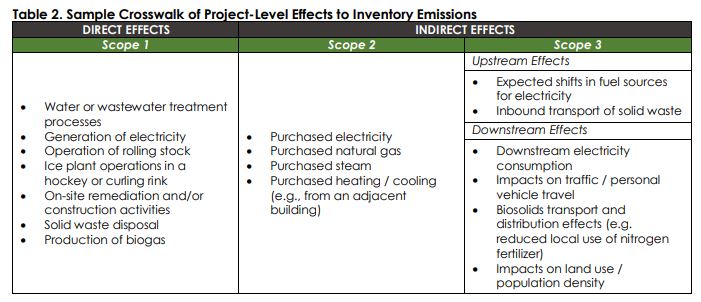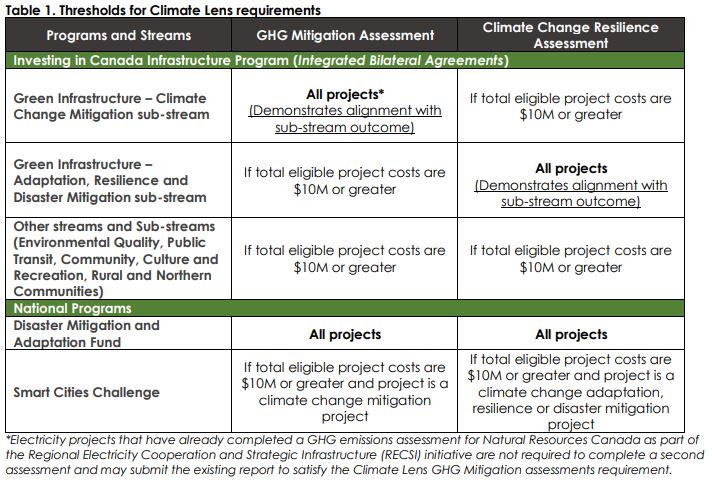On Friday, the federal government released a new Climate Lens component for its infrastructure funding program, Investing in Canada.
Announced by Amarjeet Sohi, Minister of Infrastructure and Communities, the assessment tool will require stakeholders to report on how proposed projects contributes to or reduce carbon pollution, and to consider climate change risks in the location, design, and planned operation of projects.
“It saves money in the long run, because if you’re building infrastructure today that is resilient to the impact of climate change then you end up saving money at the back end when you don’t have to do the repairs or the necessary upgrades to deal with climate change,” Sohi said in an interview with the Canadian Press.

This Climate Lens is a requirement of the Investing in Canada bilateral agreements being signed between Infrastructure Canada and the provinces and territories. The Lens also applies to the recently launched Disaster Mitigation and Adaptation Fund and certain Smart Cities Challenge winning proposals.
In tandem with the announcement, the government released a Guidance Document for the assessment of projects under the climate list. One point of emphasis in the document focuses on co-benefits from water resilient infrastructure. “It is becoming increasingly clear that natural assets and engineered or enhanced natural assets can cost-effectively complement or help deliver infrastructure services (particularly regarding stormwater management, wastewater, potable water, and disaster mitigation),” states the document.

“The environment and the economy go together. We know Canada’s climate is changing, and the impacts of climate change and extreme weather are already costing Canadians billions of dollars each year,” said Catherine McKenna, Minister of Environment and Climate Change.
The introduction of the Climate Lens is intended to respond directly to a Parliamentary motion from MP Andy Fillmore that the Government of Canada consider climate change impacts when assessing its future infrastructure investments. The Climate Lens also addresses recommendations from the Commissioner of the Environment and Sustainable Development.









